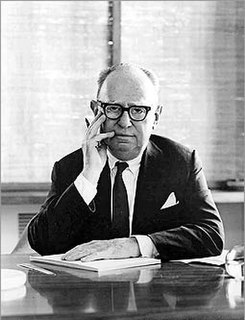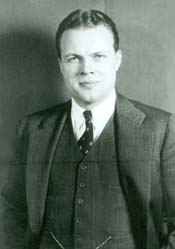A Quote by Theodore Roethke
Any fool can take a bad line out of a poem; it takes a real pro to throw out a good line.
Related Quotes
It was early on in 1965 when I wrote some of my first poems. I sent a poem to 'Harper's' magazine because they paid a dollar a line. I had an eighteen-line poem, and just as I was putting it into the envelope, I stopped and decided to make it a thirty-six-line poem. It seemed like the poem came back the next day: no letter, nothing.
I think what gets a poem going is an initiating line. Sometimes a first line will occur, and it goes nowhere; but other times - and this, I think, is a sense you develop - I can tell that the line wants to continue. If it does, I can feel a sense of momentum - the poem finds a reason for continuing.
When I was a freshman, I fooled around with shooting free throws this way: For some reason, I thought you had to stay within the top half of that free-throw circle, so I would step back to just inside the top of the circle, take off from behind the line and dunk. They outlawed that, but I wouldn't have done it in a game, anyway. I was a good free throw shooter in college." Actually he was a 62% free throw shooter, which is poor except in comparison to his 51% as a pro.
We know that a statement proved to be good must be oorrect. New thoughts are constantly obtaining the floor. These two theories - that all is matter, or that all is Mind-will dispute the ground, until one is acknowledged to be the victor. Discussing his campaign, General Grant said: "I propose to fight it out on this line, if it takes all summer." Science says: All is Mind and Mind's idea. You must fight it out on this line. Matter can afford you no aid.




































